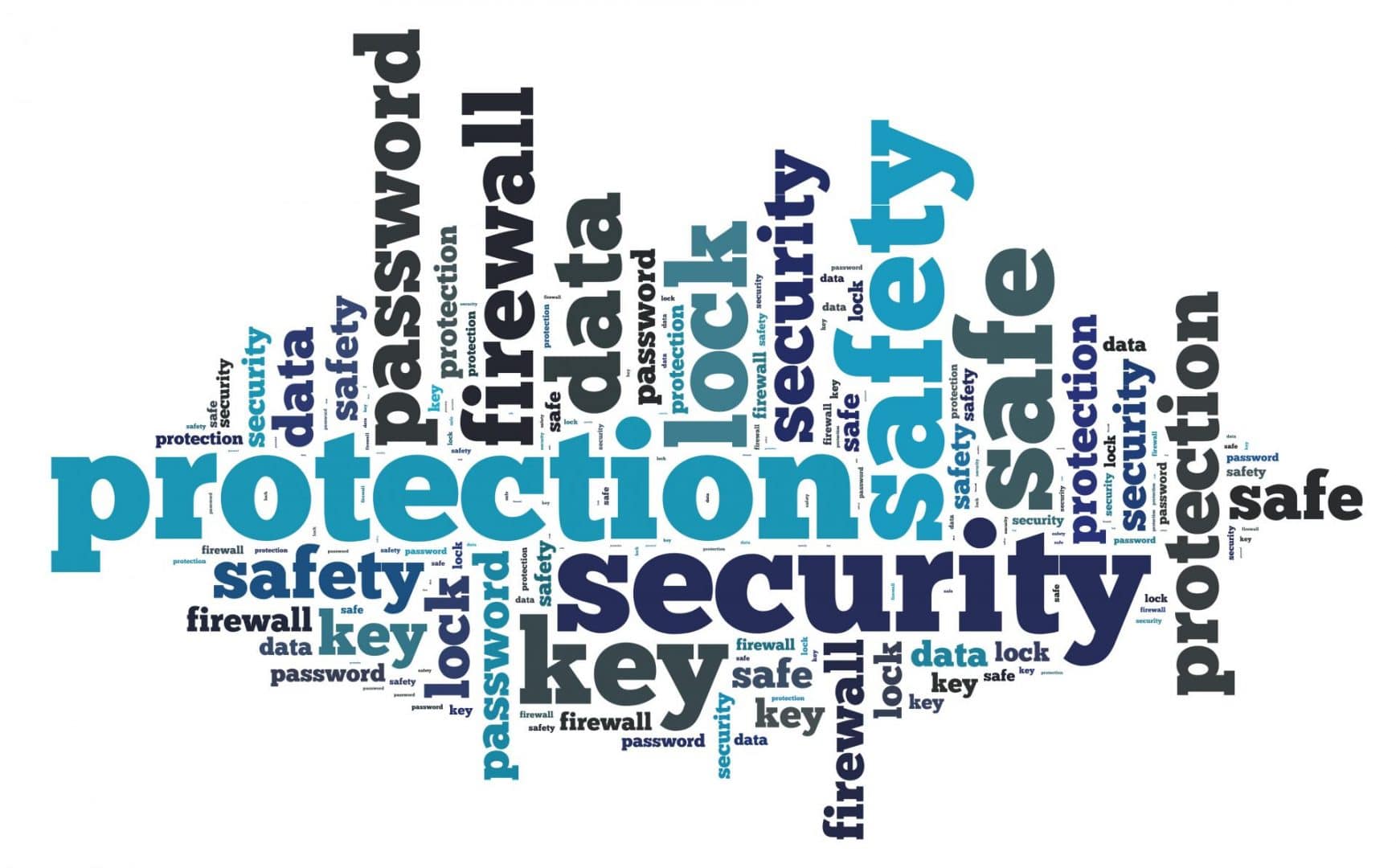Security Terminology You Should Know

Technology is changing so quickly.
As soon as you purchase your gorgeous new smart-phone, a new version goes on the market. It’s just the way of life these days. And it’s the same for security technology. Every day, innovators bring advanced products to make us safer, while simplifying our lives with convenient apps and remote controls.
Buzzwords are everywhere and it can be confusing. It’s important to educate yourself before purchasing a security system so you don’t get taken advantage of buying useless components.
Here’s a list of security terms you should know:
Central Station
The term “central station” is used interchangeably with the term “monitoring center.” This refers to the location that alarm monitoring companies use to monitor alarm systems. The central monitoring station is responsible for contacting the correct emergency services in a timely manner in case of an alarm.
Wireless Monitoring
Another term for cellular monitoring, where your security system connects to the monitoring center via cellular towers.
24-Hour Monitoring
How many hours a day our monitoring stations monitor your home.
Hardwired System
A system that is installed using physical wires, often hidden mostly behind the walls of the home. Most older home alarm systems rely on hard wiring where most new systems are gravitating towards wireless alarm systems.
Wireless Alarm System
These types of systems are easier to install and generally preferred by homeowners because they do not involve running wires in the home.
Key Pad
The
Master Code
Sensors
Devices that detect motion, break-ins, flooding, freezing, fire, and carbon monoxide. Usually placed on doors and windows for intrusion detection.
Chime
This refers to the sound that home security systems can be programmed to make whenever a door or window within the home is opened or closed. This type of sound allows for homeowners to monitor comings and goings in the home.
Communicator
A module within the home security system that digitally dials
Contacts
These are the small sensors that are placed on doors and windows of the home so that the home security system can monitor whether a door or window is open or closed.
Zone
An area of the home as it is “seen” by the home alarm system. This type of area is generally determined by numbers and is mapped out by alarm components like the sensors in a particular area of the home.
Smoke Detector
Detects the presence of smoke in the home. Many smoke detectors are used without being connected to the alarm system. It is important for at least one smoke detector to be connected to the security system and professionally monitored to avoid a tragedy. Monitoring for fire is included in our basic monitoring cost.
Heat Sensor
Detects the rapid increase of temperature so you know if there’s a fire threat.
Flood Sensor
This is a sensor that detects water levels to ensure your home doesn’t flood. Monitoring for
Door/Window Sensors
Sensors that detect if a door or window is opened.
Glass Break Sensor
A sensor that detects the sound frequency of glass breaking so you’ll know if your window breaks.
Motion Detector
A device that prompts the alarm signal when it detects motion. Typically inside the home and within a certain radius of security cameras.
Backup Battery
A rechargeable battery that provides power to the home security system in the event that the AC power is no longer functioning.
Bypass
Bypassing allows for certain areas of the home to be unmonitored while the rest of the home is monitored.
Entry Delay
A time delay that allows the homeowner a period of time before the alarm triggers due to an event. This is most commonly the period of time that allows for homeowners to get into the home to turn off the alarm system before it sounds.
Exit Delay
This is the delay after an alarm is armed which allows the homeowner to exit the home before the system becomes active.
Remote Access or Interactive Services
This feature lets you access and
Carbon Monoxide (CO) Detector
A sensor that warns you if your house reaches a dangerous level of CO. We monitor for CO at no additional monitoring cost.
2-Way Voice
Many types of home security systems, cameras, and emergency alert devices us two-way voice and audio through the equipment to speak to another person directly.

